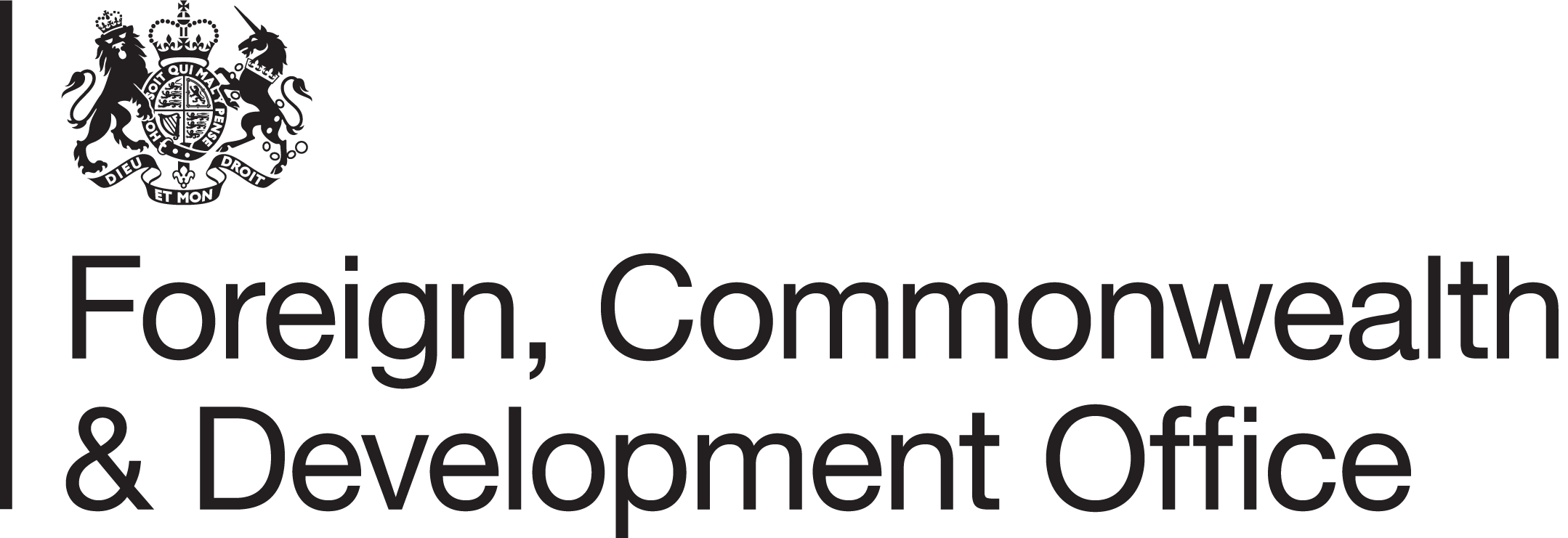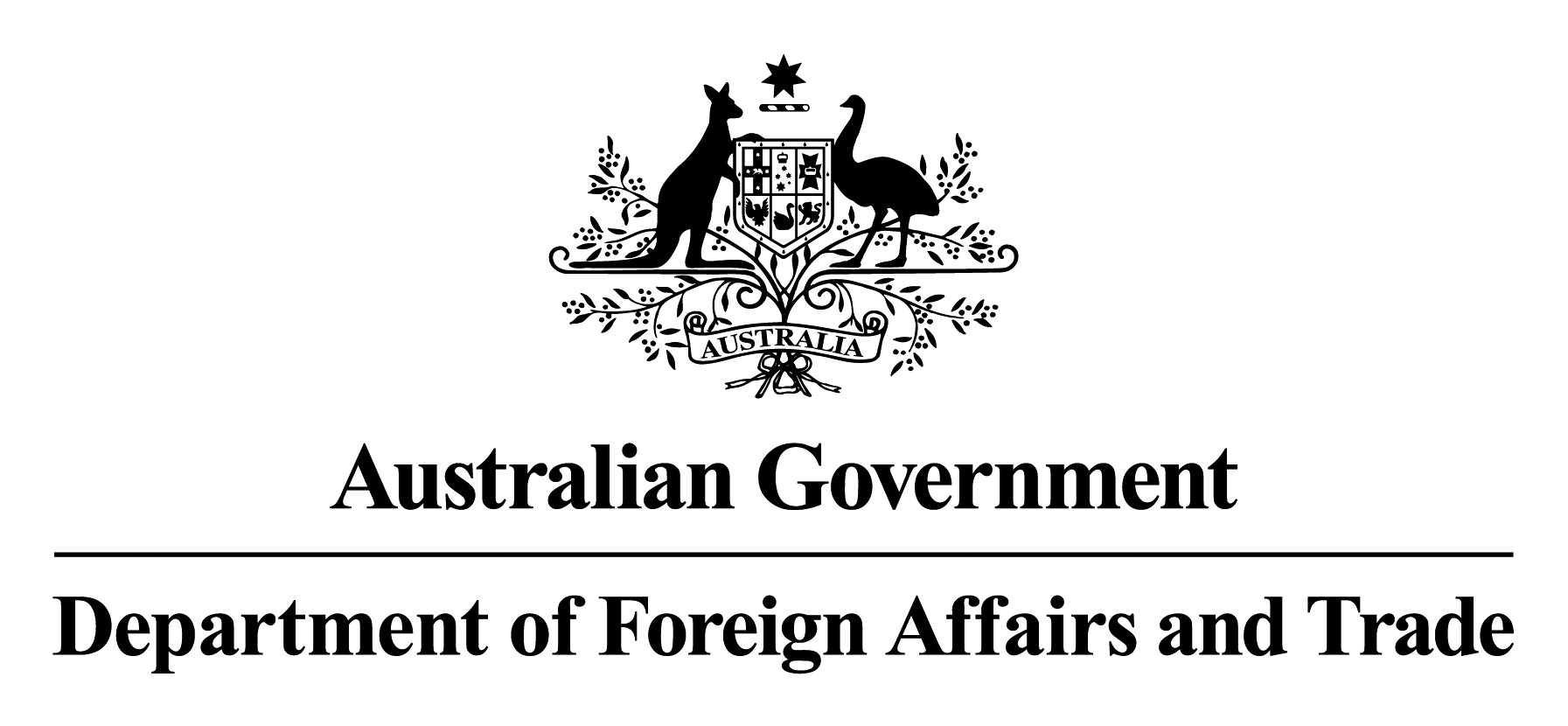Supporting Economic Transformation (SET)
Supporting Economic Transformation is an ODI programme supported by the UK Department for International Development and the Australian Department for Foreign Affairs and Trade.
The programme seeks to promote economic transformation in low- and middle-income countries by providing sound analysis and practical policy support to country governments and their partners.
SET’s three core areas of work are:
- Country analysis – analytical support for developing countries and their partners to identify politically feasible pathways for economic transformation
- Sectoral and thematic work – understanding themes, including trade or gender, and different sectors, such as manufacturing and services, important for economic transformation
- Data – bringing together data relevant for the analysis of economic transformation
Background
The quality of economic growth matters. Although many low income countries have enjoyed fast economic growth over the past two decades, the growth has been low in quality and accompanied by little economic transformation. Many low income countries have experienced a lack of significant structural shifts in production and employment (declining shares of manufacturing in gross domestic product in sub-Saharan Africa); weak levels of and growth in (labour) productivity within sectors; concentrated export baskets and lack of diversification into complex products; and substantial differences in productivity levels among firms, sectors and locations, suggesting scope for the enhancement of productivity.
We define economic transformation as a continuous process of:
- moving labour and other resources from lower- to higher-productivity sectors (structural change) and,
- raising within-sector productivity growth.
Within-sector productivity growth entails the adoption of new technologies and management practices that increase the efficiency of production. It can be brought about by increasing the efficiency of existing firms or by reallocating resources away from the least-productive firms towards more productive firms. Enhanced productivity typically also involves trade and production diversification and increased value addition in export activities.
Policies to promote economic transformation distinguishing between (a) policies that are ‘horizontal’ and improve fundamentals (skills, infrastructure, or investment climate) and (b) policies that are more targeted and display some measure of selectivity – for example they are aimed at specific economic activities. The evidence suggests that countries that have transformed substantially have used a combination of policies from all cells but also that countries struggle to effectively implement selective transformation policies because such policies require an appropriate institutional context.
More information and all programme publications, blog and events can be found on the Supporting Economic Transformation website.
Staff
-
Maximiliano Mendez-Parra
Principal Research Fellow
-
Linda Calabrese
Research Fellow
-
David Booth
-
Alberto Lemma
Research Fellow
-
Judith Tyson
Research Associate
-
Phyllis Papadavid
Senior Research Associate
-
Stephen Gelb
Principal Research Fellow - Team Leader
-
Dirk Willem te Velde
Director, International Economic Development Group, Principal Research Fellow
-
Georgia Cooke
Project Officer
-
Aarti Krishnan

